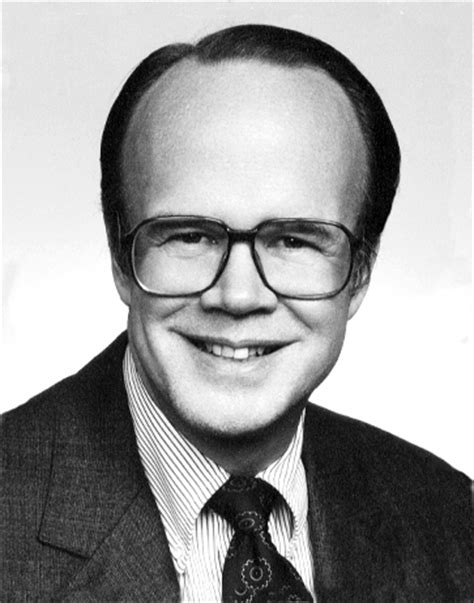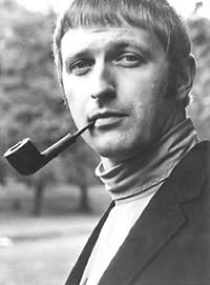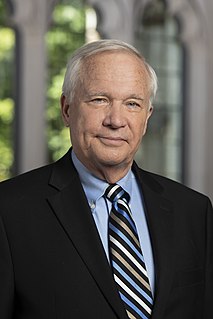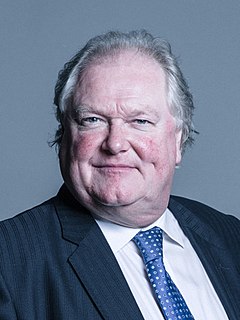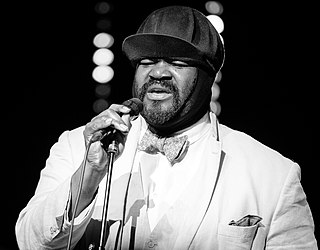A Quote by Billy Porter
When you grow up in the church, the only translation in that insular world that people understand is preaching. You're supposed to be a minister. So I was going down that path, and then I saw the Tonys.
Related Quotes
Preaching is the primary means of growth for the local church. There is a great deal of debate about this in our day, but it is the preaching of the Word that God most uses to build up a church, not only numerically but above all (and far more importantly) in spiritual depth and understanding of the people who make up the congregation.
There needs to be an order of office, but in every single office that is presented in the Scriptures there is the personal emphasis within that legal concept. In the Church the elder is an office-bearer. But both the preaching elders and the ruling elders are "ministers," and the word "minister" is a personal relationship, it does not speak of dominance. There is to be order in the Church, but the preaching elder or the ruling elder is to be a minister, with a loving personal relationship with those who are before him, even when they are wrong and need admonition.
A church that suffers no persecution but enjoys the privileges and support of the things of the earth - beware! - is not the true church of Jesus Christ. A preaching that does not point out sin is not the preaching of the gospel. A preaching that makes sinners feel good, so that they are secured in their sinful state, betrays the gospel's call.
If churches saw their mission in the same way, there is no telling what might happen. What if people were invited to come tell what they already know of God instead of to learn what they are supposed to believe? What if they were blessed for what they are doing in the world instead of chastened for not doing more at church? What if church felt more like a way station than a destination? What if the church’s job were to move people out the door instead of trying to keep them in, by convincing them that God needed them more in the world than in the church?
The point is, not to resist the flow. You go up when you're supposed to go up and down when you're supposed to go down. When you're supposed to go up, find the highest tower and climb to the top. When you're supposed to go down, find the deepest well and go down to the bottom. When there's no flow, stay still. If you resist the flow, everything dries up. If everything dries up, the world is darkness.
First you must find... another shrubbery! Then, when you have found the shrubbery, you must place it here, beside this shrubbery, only slightly higher so you get a two layer effect with a little path running down the middle. ("A path! A path!") Then, you must cut down the mightiest tree in the forrest... with... a herring!
T]he church is not a place. It's not a building. It's not a preaching point. It's not a spiritual service provider. It's a people - the new covenant, blood-bought people of God. That's why Paul said, 'Christ loved the church and gave himself up for her' (Eph. 5:25). He didn't give himself up for a place, but for a people.
There are some issues where ministers should come and talk to the prime minister, if the prime minister hasn't already talked to them. Any issue which a minister thinks is going to be profoundly controversial, where we do not have a clear existing position, it is important that there be a conversation between the minister and the prime minister. I think they all understand that and I think it is working very well.
This is about putting education absolutely in the centre of enterprise and then using the traditions of Birmingham to inspire and grow. If you have knowledge and business linked together you will grow well, you go further down the innovative path and actually you create more and more jobs. Those jobs will only be available for people with skills but they will be real sustainable employments. That is how important innovation is.
[A.J. Muste] was from Michigan and he grew up in the Dutch Reform Church there, which is a fairly strict church. He later came to New York. He was the minister of a labor temple in the - on the East Side. Then he founded, to my knowledge, the first, maybe the only, labor school; that is, Cornell has a labor department and other schools. But this was a school for - entirely for labor organizers, and he was the - the chairman.

